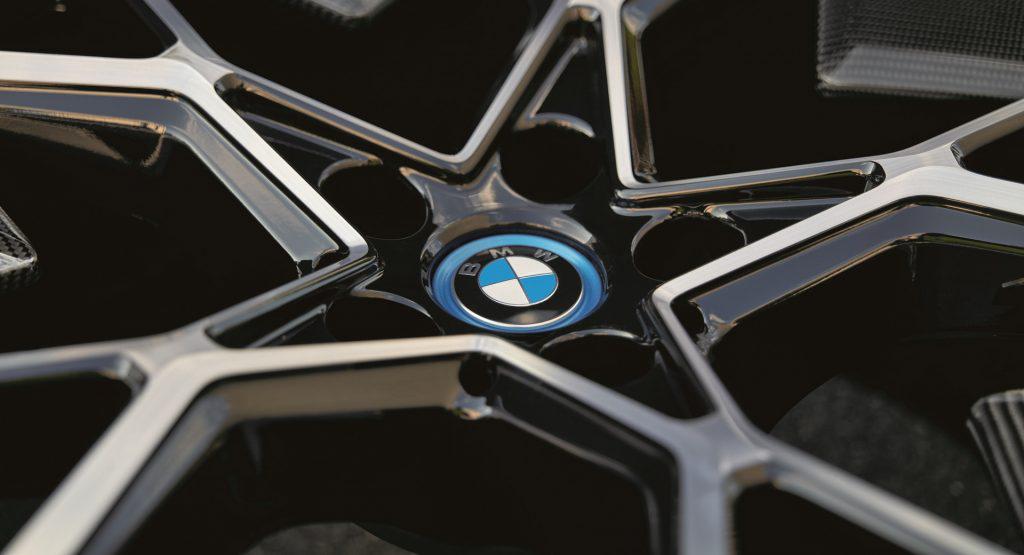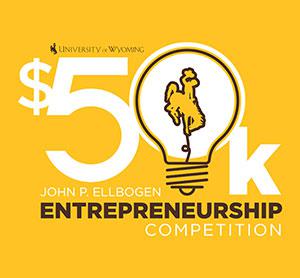German automaker BMW has announced its plans to start using aluminum produced with 100% green power for the wheels of its BMW and Mini brands, starting from 2024.
According to BMW, the production of wheels has accounted for around 5% of supply chain CO2 emissions, due in large part to the energy-intensive electrolysis used in producing aluminium and to the wheel-casting process.
Considering that the BMW Group procures around 10 million light-alloy wheels each year, with 95% of these made from cast aluminium, a shift to a more sustainable production chain is hoped to reduce these emissions by over half.
To this end, BMW has secured agreements with all BMW Group wheel suppliers, requiring them to use renewable energy to power their production operations, in a move the car maker hopes will save up to 500,000 tonnes of CO2 each year.
“Green power is one of the biggest levers for reducing CO2 emissions in our supply chain,” said Joachim Post, a member of the BMW board of management.

“We have already signed more than 400 contracts with our suppliers, including suppliers of wheels and aluminium, requiring them to use green power.”
BMW is also focused on the complete lifespan of the wheels it buys. Aluminium already boasts helpful recycling properties, which make it easier to melt down as part of a larger circular economy, eliminating the need for energy-intensive electrolysis to produce the primary raw material to make new wheels.
Similarly, however, BMW also requires the secondary raw material must meet its premium requirements for quality, design, safety, and mechanical properties.
In early 2021, BMW began sourcing aluminium from the United Arab Emirates (UAE) that was manufactured exclusively using electricity obtained from solar power generated by the 1GW Mohammed bin Rashid Al Maktoum Solar Park.
Leading the way for the larger BMW Group will be the Mini brand, which will begin using light-alloy cast wheels made from 70% secondary aluminium in the new generation of the Mini Countryman starting in 2023.
The combination of 100% green power for production of wheels and 70% secondary raw material content is expected to be able to reduce CO2 emissions by up to 80%, as compared to the conventional manufacturing process.
BMW’s latest efforts are also part of the company’s larger goal of reducing supply chain emissions by 20% based on 2019 levels by 2030.
Joshua S. Hill
Joshua S. Hill is a Melbourne-based journalist who has been writing about climate change, clean technology, and electric vehicles for over 15 years. He has been reporting on electric vehicles and clean technologies for Renew Economy and The Driven since 2012. His preferred mode of transport is his feet.




